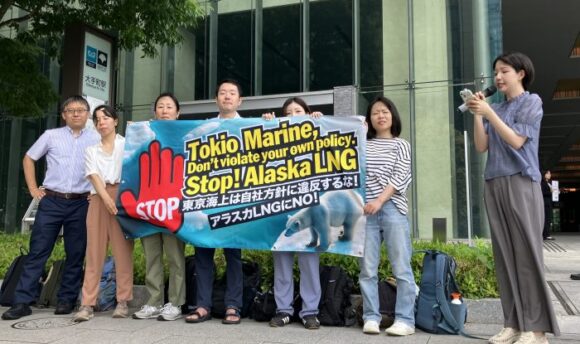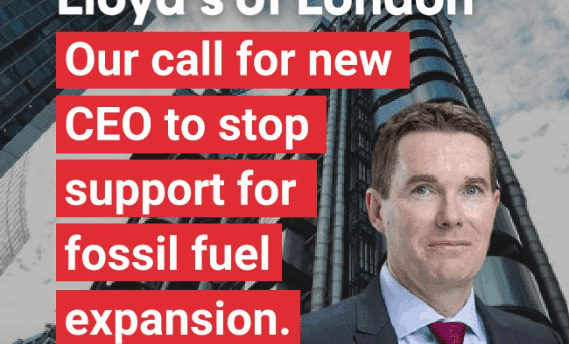Today, Sompo became the first Japanese insurance company to adopt a position on coal. According to the position, Sompo “will not insure and invest in new construction of coal-fired power plant in Japan, except for projects for which underwriting, investment and financing has already been expressed”.
However, this commitment comes with significant loopholes: Sompo will apply the new policy only to the construction of coal fired power projects in Japan. Even in Japan, the policy will exempt generation projects of high power efficiency. In international projects, Sompo will, according to an article in Nikkei, follow best ESG practices “in anticipation of changes in global investors and international public opinion”. This will include an assessment of “what kind of opposition movement is expected if the business is advanced”.
"Sompo’s announcement of the coal policy is appreciated as the first one in Japan’s general insurers. We, however, urge Sompo to increase its commitment to complete abolishment of coal fired power plants that is required to meet the 1.5 degree goal of the Paris Agreement as a responsible insurance company.”
"The new policy is not applicable for overseas plants including the Vung Ang 2 coal-fired power project in Vietnam, which may be in the pipeline of SOMPO’s underwriting. SOMPO should completely stop its underwritings for coal projects, without any exceptions.”
Japanese insurance companies as a group are still lagging far behind the international trend on coal insurance and the benchmark for responsible insurers. While 19 other companies have adopted policies ending or reducing underwriting for coal, none of the leading Japanese insurance companies – Tokio Marine, MS&AD and Sompo – have so far adopted policies to phase out coal insurance across the board.
The lack of progress is particularly stark in the case of Tokio Marine. Tokio Marine, one of the world’s biggest property & casualty insurers, is a member of the Japan Climate Leaders Partnership and the Japan Sustainability Forum, and co-chairs the climate change working group of the Geneva Association, a think-tank of insurance CEOs. Tokio Marine is also a gold sponsor of the Tokyo Olympics and has defined “Protecting the Earth” as a core theme of its corporate social responsibility.
Like Sompo and MS&AD, Tokio Marine committed to implementing climate targets under the Science-Based Targets Initiative (SBTI). The draft SBTI guidance for the financial sector, which will enter into force on October 1, 2020, stipulates that “financial institutions shall establish and publicly disclose a policy at the time of target announcement that they will cease investments (…) in new and additional thermal coal exploration, mining, production, and utilization”.
In spite of these commitments, Tokio Marine has so far not adopted any restrictions on insuring new coal projects or plans for phasing out investments in coal. According to research by Finaccord for the Insure Our Future campaign, the company ranks among the top-10 coal insurers globally.
“Tokio Marine undermines the actions of other insurance companies through its continued underwriting of coal projects. Such projects are not aligned with the Paris Agreement and typically fail to meet the concerns of local people for livelihoods and a healthy environment”, comments Tanya Roberts-Davis, East Asia Finance Adviser to the Insure Our Future campaign.
“Japan continues to come under fire for its support for coal. Just recently the UN Secretary General urged Japan to give up their reliance on coal and other fossil fuels. We urge Tokio Marine and other Japanese insurers to stop insuring new coal projects and undermining efforts to address the climate crisis."



